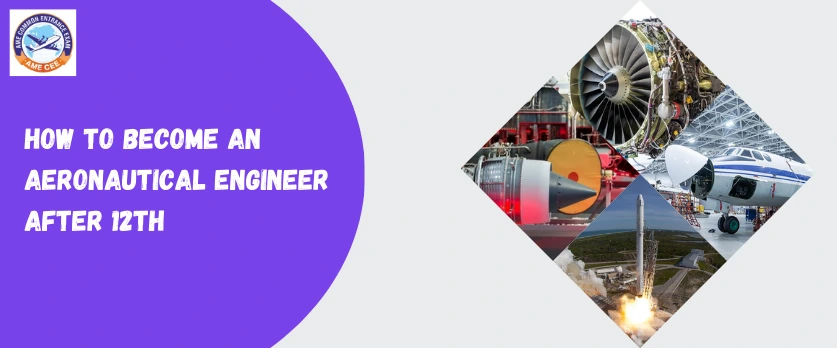Becoming an aeronautical engineer typically involves completing a specific educational path and gaining relevant experience. Here’s a step-by-step guide on how to become an aeronautical engineer after completing your 12th grade:
Choose the Right Educational Stream in 12th Grade
To become an aeronautical engineer, you should have a strong foundation in mathematics and physics.
Choose the science stream with a focus on Physics, Chemistry, and Mathematics (PCM) during your 11th and 12th grades.
Pursue a Bachelor’s Degree
After completing your 12th grade, enroll in a Bachelor’s degree program in Aeronautical Engineering or Aerospace Engineering.
Look for reputable engineering colleges or universities that offer accredited programs in aeronautical engineering.
Entrance Exams
Many engineering institutes require students to take entrance exams for admission. Popular entrance exams for aeronautical engineering in India include:
Joint Entrance Examination (JEE) Main and Advanced
BITSAT (Birla Institute of Technology and Science Admission Test)
AIEEE (All India Engineering Entrance Examination)
AME CEE (AME Common Entrance Exam)
Bachelor’s Degree in Aeronautical Engineering
During your undergraduate studies, you will learn the fundamentals of aeronautical engineering, including aerodynamics, aircraft structures, propulsion systems, and more.
Engage in practical projects, internships, and workshops to gain hands-on experience.
Specializations and Electives
Some programs allow you to choose specializations or electives in specific areas of aeronautical engineering, such as avionics, aircraft design, or propulsion systems.
Gain Practical Experience
Seek internships or co-op opportunities with aerospace or aeronautical companies to gain practical experience.
Participate in workshops, seminars, and conferences to stay updated on industry trends.
Stay Informed and Network
Stay informed about advancements in aeronautical engineering by reading industry publications, journals, and attending relevant events.
Network with professionals in the field through internships, industry events, and alumni networks.
Pursue Advanced Degrees (Optional)
Consider pursuing a master’s or doctoral degree in aeronautical engineering for advanced research and career opportunities.
Certifications (Optional)
Obtain relevant certifications in specialized areas if needed, such as certifications related to specific software tools or safety regulations.
Stay Updated and Join Professional Organizations
Join professional organizations such as the American Institute of Aeronautics and Astronautics (AIAA) or the Royal Aeronautical Society to stay connected with the industry and access resources.
Remember that specific requirements may vary based on the country and the institution you choose. Always check the admission criteria of the specific college or university you are interested in.
To become an aeronautical engineer you may could join aeronautical engineering through AME COMMON ENTRANCE EXAM (AME CEE) this examination you may join Aeronautical Engineering approved by AICTE.


